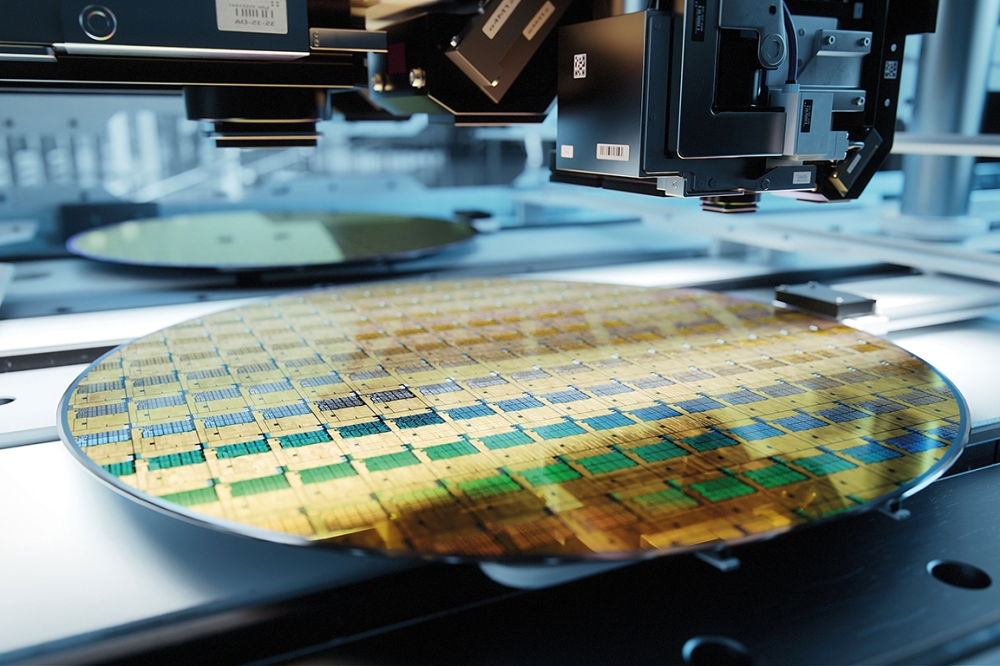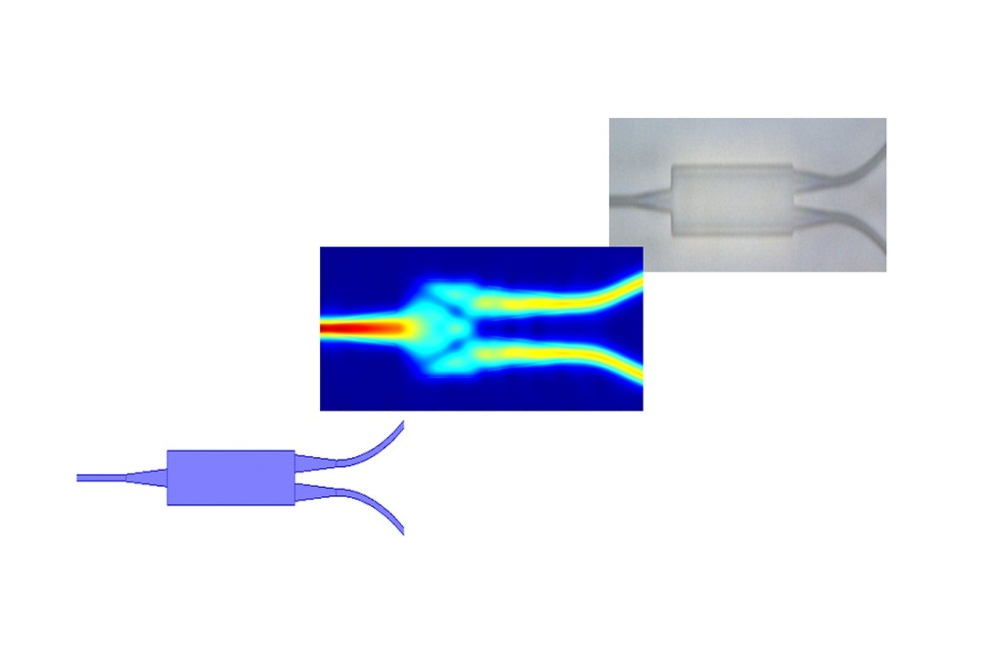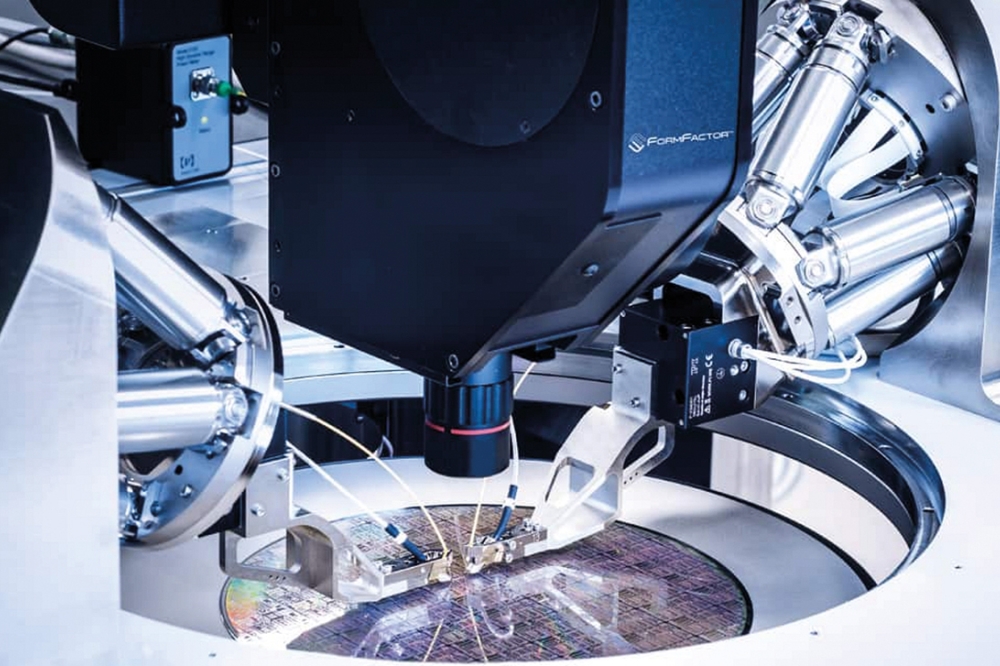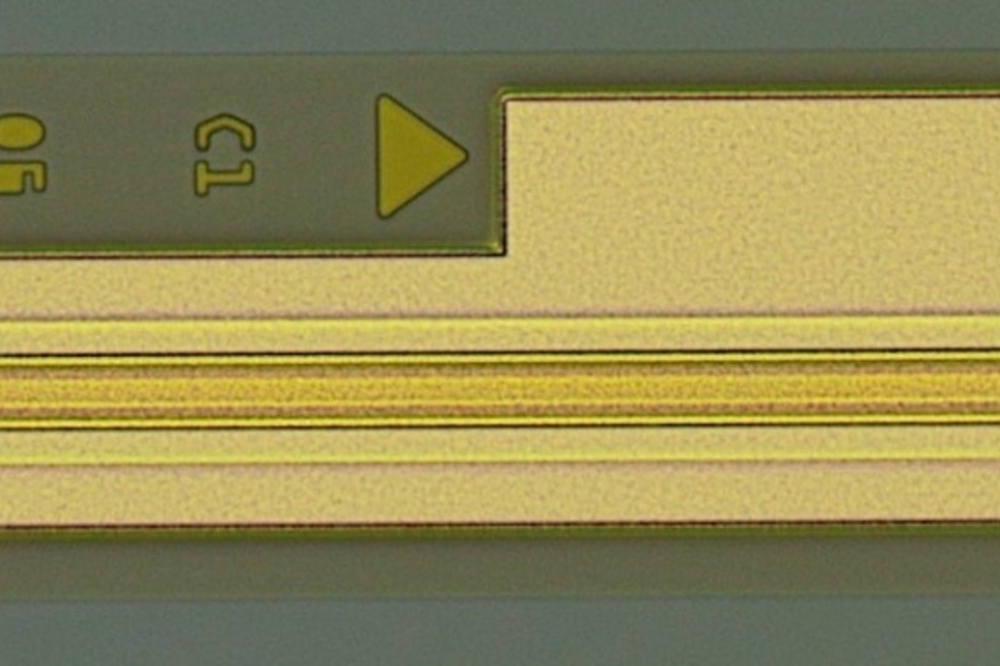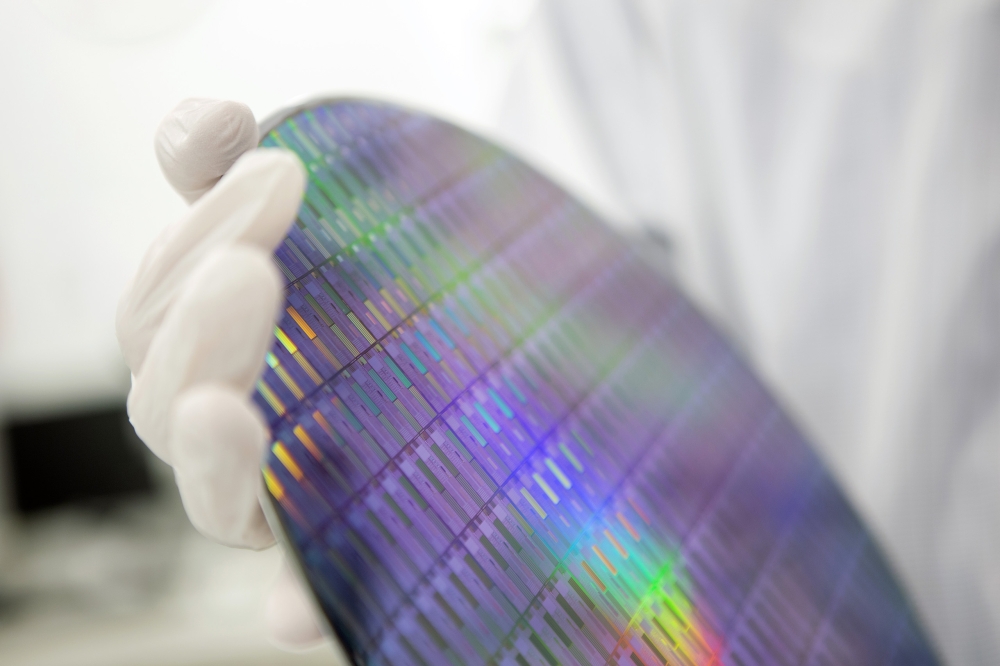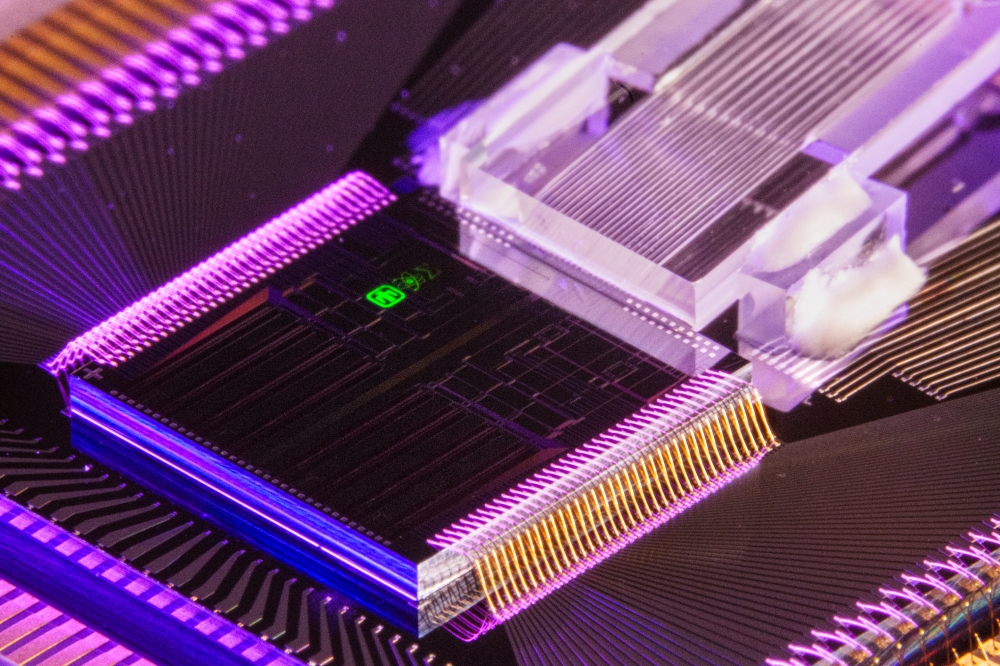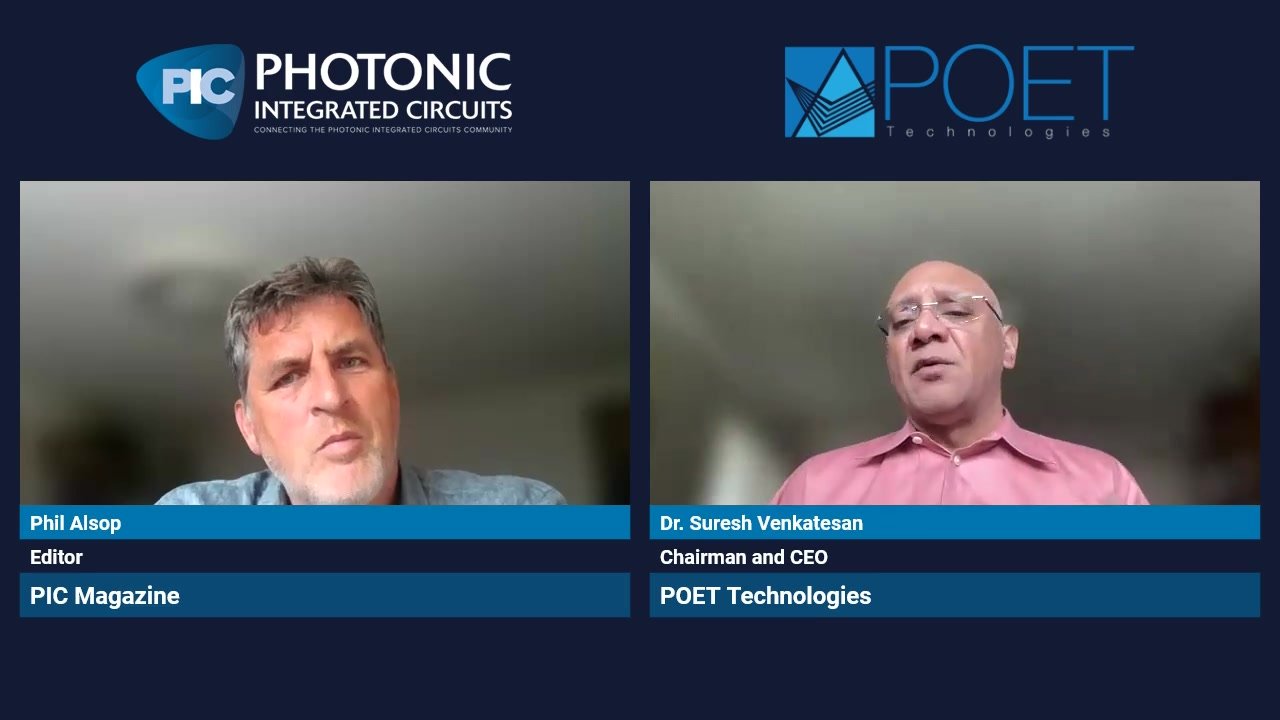Waterford Institute orders Eulitha's lithography system

Displacement talbot lithography tool will be used to make next generation of plasmonic bio-sensors
Eulitha, a Swiss startup company offering innovative lithography equipment and services for the nanotechnology, photonics and optoelectronic markets has received an order for one of its PhableR 100 photolithography systems from Waterford Institute of Technology (WIT) in Ireland.
The PhableR 100 exposure tool incorporates Eulitha's proprietary Displacement Talbot Lithography technology that enables robust printing of very high resolution periodic patterns at low-cost. The system was purchased by the Institute to enable production of metallic nano-patterns for use in new types of bio-sensors.
The purchasing of this innovative system was made possible following the award to WIT of close to €1m in funding from Science Foundation Ireland's Research Infrastructure Awards that form a key part of implementing the country's science and technology strategy "“ Innovation 2020.
The new system will enable researchers at WIT's Pharmaceutical and Molecular Biotechnology Research Centre (PMBRC) to scale up the development of its next generation diagnostic sensors based on surface plasmon resonance. The PhableR 100 exposure tool allows the precise replication of nanopatterns onto the sensor substrate that is required for the extreme multiplexed sensor system to be further developed. The tool will also be used by researchers to exploit the optical resonance properties of plasmonic nanostructures to further develop applications in NIR spectroscopy for Process Analytical Technologies (PAT), healthcare and smart agriculture.
The Pharmaceutical and Molecular Biotechnology Research Centre (PMBRC) is an applied research centre which aims to support the sustainable growth of the pharmaceutical and healthcare industry in Ireland. The PMBRC consists of an 800 m2 state-of-the-art facility with 34 highly-trained research personnel. The PMBRC has established links with national and international partners in academia, industry and medical care institutions.
Joseph O'Mahony, project leader at PMBR said "The PMBRC is enthusiastically looking forward to receiving the PhableR 100 tool and working with Harun and his team at Eulitha to demonstrate the exceptional capabilities of Displacement Talbot Photolithography. When fully integrated within the PMBRC's state of the art laboratories the PhableR 100 will underpin a new research facility that will comprise state of the art equipment in nanofabrication, printable materials deposition and materials characterisation. This national facility will further develop the PMBRC's collaborative research actions with Irish and international academics and industries."
Harun Solak, CEO of Eulitha, said: "we are very pleased to add WIT to our growing base of installations at academic institutions worldwide. The unique ability of our Displacement Talbot Lithography technology to print on different types of substrates and surfaces and the proven performance of our systems in the field were critical factors in helping us win this important contract. We look forward to working with the group ofJoseph O'Mahony to help them use the capabilities of the system in the most effective way."
The PhableR 100 system can expose periodic patterns down to feature sizes below 150 nm which rivals much more expensive high-end i-line steppers. The patented focus-free imaging technology used by the system enables uniform printing on non-flat samples often found in photonic and optoelectronic sectors. Eulitha had recently announced the delivery of further lithography systems to the CIOMP institute in China and University of Bath in the UK.
Eulitha is a spin-off company of the Paul Scherrer Institute, Switzerland. It specialises in the development of lithographic technologies for applications in optoelectronics and photonics.
It produces and markets nano-patterned samples and templates using its own PHABLE tools and e-beam lithography systems.











